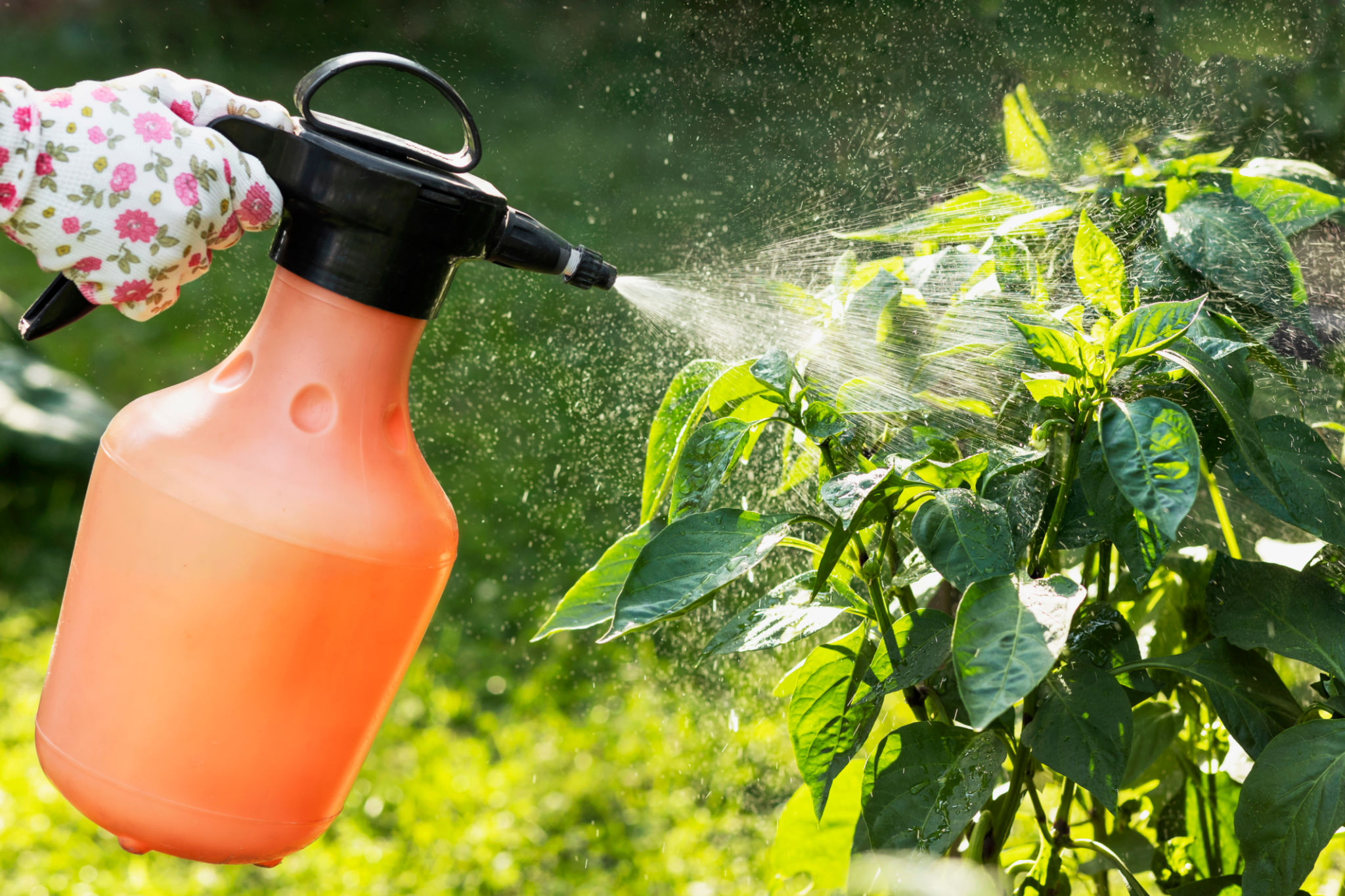Preparing for Pest Season: Essential Biosecurity Measures for Queensland
Understanding the Pest Season in Queensland
Queensland, with its warm climate and diverse ecosystems, is particularly susceptible to pest infestations. As the seasons change, many pests become more active, posing threats to both agriculture and local ecosystems. Preparing for pest season is crucial for safeguarding crops, livestock, and native environments.

Identifying Common Pests
Understanding which pests are prevalent during different times of the year is the first step in effective pest management. In Queensland, common pests include fruit flies, locusts, and rodents. Each of these pests requires specific strategies for control and prevention. Farmers and landowners should stay informed about which pests are most likely to appear each season.
Implementing Biosecurity Measures
Biosecurity measures are essential for preventing the introduction and spread of pests. These practices not only protect individual farms but also contribute to the greater agricultural ecosystem. Key biosecurity measures include:
- Regular monitoring and inspection of crops and livestock.
- Ensuring all equipment is cleaned and disinfected.
- Controlling the movement of potentially contaminated materials.
Creating a Pest Management Plan
A comprehensive pest management plan should be tailored to the specific needs of your property. This plan should outline the pests you're likely to encounter, methods for detecting them early, and strategies for control. Engaging with local agricultural extension services can provide valuable insights and resources for effective pest management.

Using Biological Control Methods
Biological control methods can be a sustainable alternative to chemical pesticides. These methods involve using natural predators or parasites to reduce pest populations. For instance, introducing ladybirds can help control aphid infestations. This approach not only reduces chemical use but also supports biodiversity.
Training and Education
Education plays a vital role in successful pest management. Providing training for workers on identifying pests and implementing biosecurity measures ensures everyone on your property is aligned with best practices. Workshops and seminars are excellent ways to stay updated on the latest techniques and technologies in pest control.

Collaboration with Neighbors
Pests do not recognize property boundaries, making collaboration with neighboring landowners crucial. By working together, communities can share knowledge, resources, and strategies for managing pest outbreaks effectively. Establishing communication networks can help in early detection and rapid response to potential threats.
Regular Review and Adaptation
Pest management is an ongoing process that requires regular review and adaptation. As environmental conditions change and new pests emerge, it's important to reassess your strategies periodically. Keeping detailed records of pest occurrences and management outcomes can guide future actions and improve overall effectiveness.
By implementing these essential biosecurity measures, Queensland’s farmers and landowners can better prepare for pest season, ensuring the protection of their livelihoods and the preservation of local ecosystems.